Pages (3 results)
Top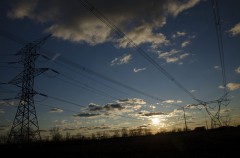
Analysis & Control (EMAC) Energy Modeling
The Energy Modeling, Analysis and Control (EMAC) group addresses the engineering and techno-economic challenges to decarbonizing electric power systems. Our work ranges from applied to theoretical. Much of our work focuses on building new control and optimization frameworks to facilitate the operation of low carbon grids.
Faculty by Primary Interest
Areas of Interest Climate ChangeEcologyEnergyGovernanceWaterInternational Climate Change ERG CORE David Anthoff David Anthoff is an environmental economist who studies climate change and environmental policy. He co-develops the integrated assessment model ... Continue Reading »
Affiliated Faculty
ERG has a small core faculty but a much larger group of affiliated faculty. Affiliated faculty are based in other departments on campus or at the Lawrence Berkeley National Laboratory, ... Continue Reading »
Alumni (6 results)
Top
Priyanka Mohanty
MS
What are the Best Practices for Rapid and Just Energy Transition? (MS ’22) Priyanka earned her Masters of Science with the Energy and Resources Group. At ERG, she works on ... Continue Reading »
- China
- climate
- development
- economics
- environmental justice
- Green New Deal
- India
- Indonesia
- Low-Carbon Transport
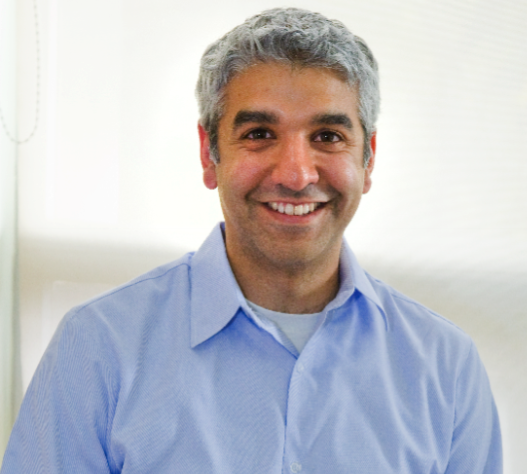
Cyrus Wadia
MS, PhD
"In a sense, we’re going through a transition here. The industry is going through a transition that we’re only seeing the beginning of,” says Dr. Cyrus Wadia (PhD’08). Cyrus knows about transitions. He has been a policy advocate, business entrepreneur and scientific innovator for clean energy and human welfare prior, throughout and since his time at ERG. He has not only observed but has been part of the change in the world’s switch to solar. His multiple hats and his work on the frontline edge of policy, economics and science made him a perfect fit for the interdisciplinary program at ERG.
- investigating the resource economics of new material systems for photovoltaics
- nanocomposite photovoltaics
- novel PV device fabrication using aqueous chemistry of nanoparticles
Gregory Nemet
MA, PhD
Can Policy Stimulate Innovation in Low–Carbon Energy Technologies? The Case of Wind Power in California, 1975 through 2001 (04 MA) Policy and Innovation in Low-Carbon Energy Technologies (07 PhD)
- carbon/hydrogen transition
- climate change
- Distributed Generation
- energy R&D
- G.I.S.
- scenario planning
- technology policy

Rebekah Shirley
MS, PhD
Rebekah Shirley believes that there is more than one path to a bright, energy secure future. Developing nations strive to connect more and more of their communities to energy. Many have emulated the fossil fuel intensive model of developed nations, but Rebekah believes that this is not necessarily the only way.
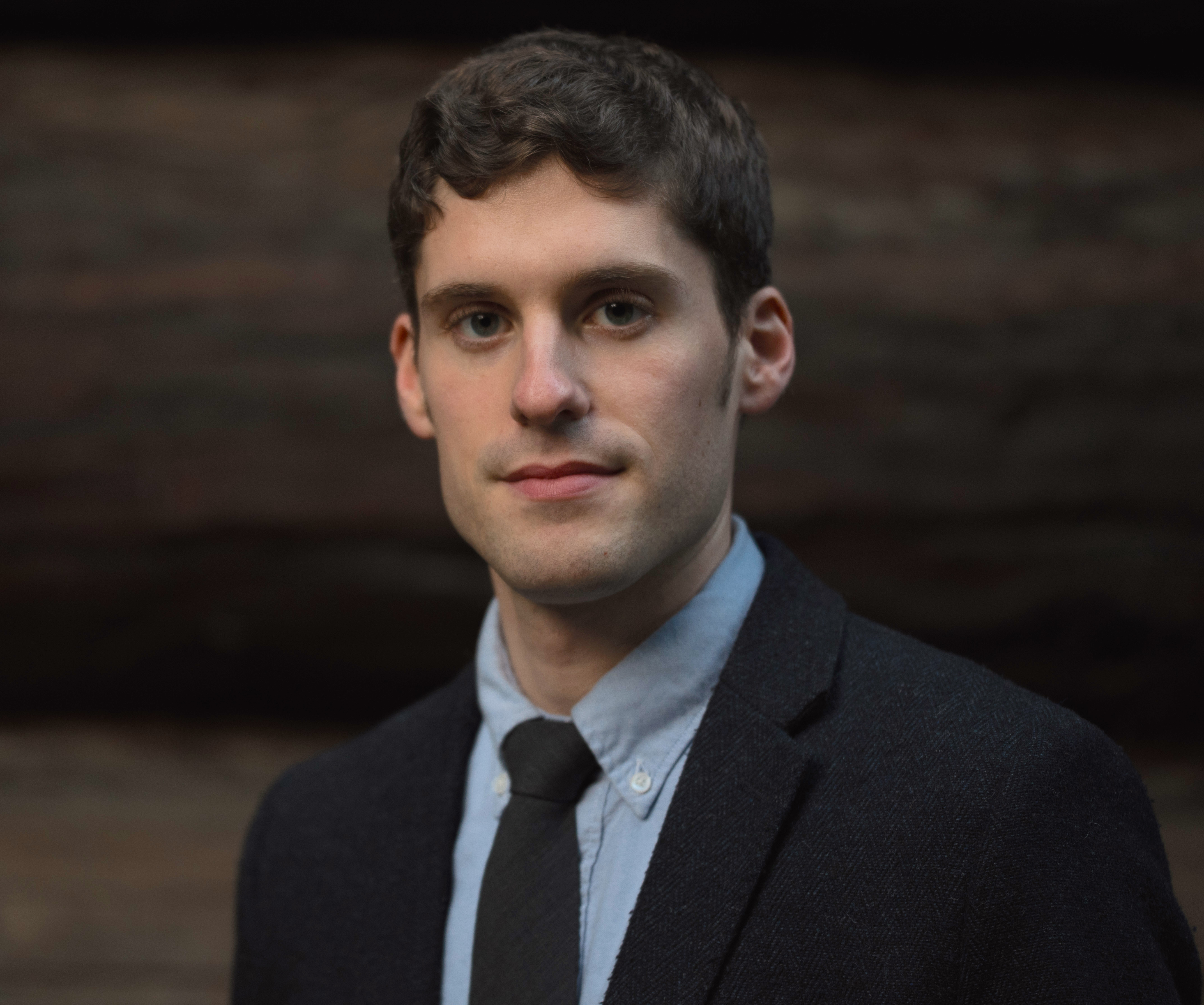
Daniel Sanchez
MS, PhD
Daniel L. Sanchez holds a Ph.D. and M.S. in Energy and Resources. He is interested in quantitative analysis to inform public policy, focusing on bioenergy and climate policy. His past research focused on design, deployment, and commercialization of bioenergy with carbon capture and sequestration (BECCS) technologies. Daniel has previously held positions with the Advanced Research Projects Agency-Energy (ARPA-E), Green for All, and the California Public Utilities Commission.

Nkiruka Avila
MS, PhD
Designing and Adapting Appropriate Socio-Technical Systems for the Renewable Energy Transition (PhD ’18) Nkiruka has expertise in solar grid integration and climate policy in California, and in electricity access in ... Continue Reading »
News (7 results)
Top
ERG Adjunct Professor Margaret Torn Conducts Vital Research on Carbon Dioxide Removal
January 26, 2021
ERG adjunct professor Margaret Torn was featured in EurekAlert for her contributed work on a carbon dioxide removal (CDR) primer. The article cites the research as a valuable resource on CDR technologies and policies, and how such strategies can help create a serious plan to address climate change. "Atmospheric CO2 concentrations are already 50% over historic natural levels - 270 ppm (parts per million) in pre-industrial times vs 414 ppm today," Torn stated. "To slow climate change and avoid its worst impacts, climate scientists tell us that we need to restore atmospheric CO2 concentrations to about 350 ppm or less. To do that, we need CDR technologies and policies to remove excess CO2 from the atmosphere."
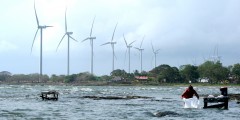
ERG PhDs in National Geographic: SWITCHing to a Low-Carbon Future
March 3, 2016
ERG PhD students Diego Ponce de Leon Barido and Josiah Johnston published a blog post in National Geographic on renewable energy investments in Nicaragua.
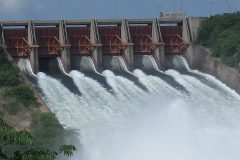
Mileva ERG Alumni Deshmukh
September 12, 2018
ERG alumni Ranjit Deshmukh, Ana Mileva, and Grace Wu recently published their research on alternatives to the hydroelectric power Inga III Dam in the Democratic Republic of Congo (DRC). The ... Continue Reading »
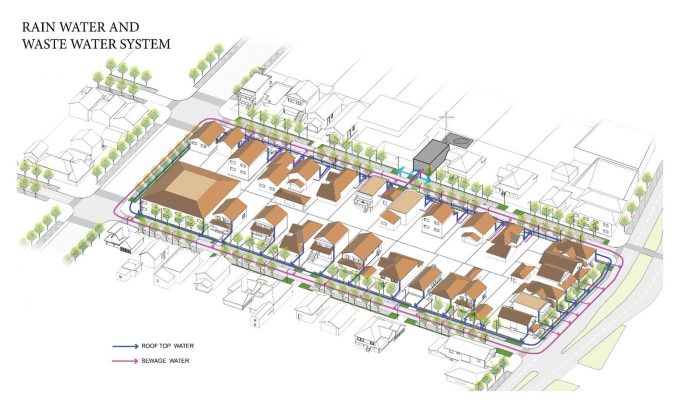
Emission-Free Neighborhoods? The Oakland EcoBlock Project Pioneers Residential Sustainability
February 14, 2018
The College of Environmental Design (CED) at UC Berkeley spotlighted the innovative Oakland EcoBlock project this week, lead by CED professor Harrison Fraker and ERG chair Dan Kammen. The project, ... Continue Reading »
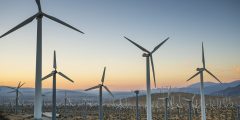
Paper Authored by PhD Candidate Noah Kittner and Professor Dan Kammen Published in Nature Energy
August 16, 2017
Noah Kittner and Dan Kammen's new paper, "Energy storage deployment and innovation for the clean energy transition," was published in Nature Energy on July 31, 2017

ERG’s Energy Research Featured in Multiple News Outlets
May 25, 2016
“Research at the Renewable and Appropriate Energy Laboratory [ERG Professor Daniel Kammen’s lab] at the University of California Berkeley highlights that while cities currently contribute to global climate change by ... Continue Reading »

ERG Summer Courses Available
February 28, 2016
ERG is offering four of its most popular courses this summer! Enroll Today!
Topics (1 results)
Top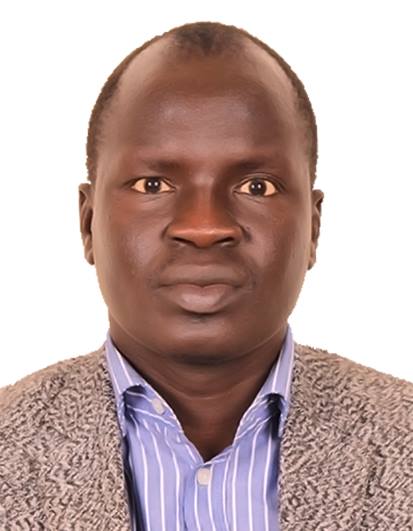
Anyuat John Arou
Anyuat John Arou, is a lecturer of Electrical Engineering at the University of Juba in Juba, South Sudan. He is also the CEO of the Renewable Energy Council of South ... Continue Reading »
- climate
- development
- ecology / environmental science
- energy
- energy policy
- Environmental / Climate Equity
- low carbon technologies
- power quality control
- Power system studies
- VRE-based microgrids
- water